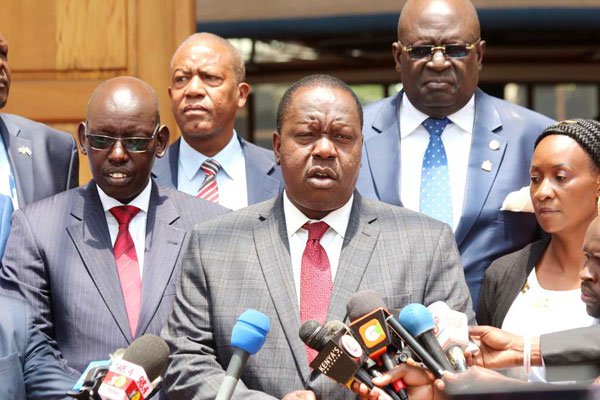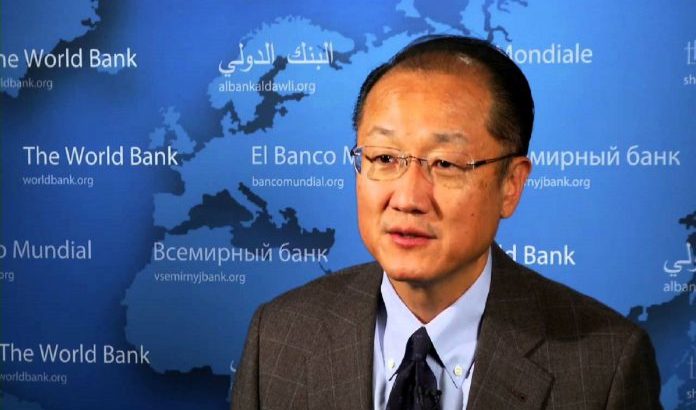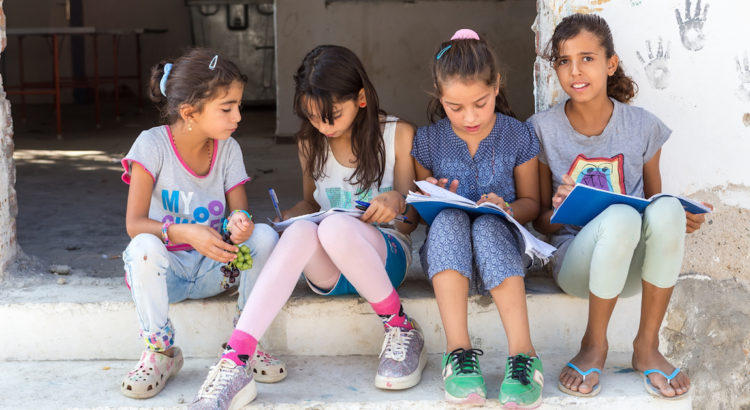Estados Unidos/02 de Octubre de 2017/El Carabobeño
Millones de niños en el planeta van a la escuela, pero no aprenden ni siquiera lo básico para escapar de la pobreza, afirma el Banco Mundial, al advertir de una “crisis de aprendizaje” en la educación global que acentúa la desigualdad social.
Aunque en muchos casos completan la educación primaria e incluso secundaria, los estudiantes no logran calcular el cambio correcto cuando compran algo, no pueden comprender una receta médica o interpretar una campaña publicitaria, según un informe del BM publicado el martes.
La escolarización sin aprendizaje no solo es una oportunidad perdida en términos de desarrollo, sino una enorme injusticia para millones de personas en países de ingresos medios y bajos, concluye la institución en el reporte “Aprender a cumplir la promesa de la educación”, en el que insta a tomar medidas urgentes.
“Esta crisis de aprendizaje es una crisis moral y económica”, dice el presidente del BM Jim Yong Kim, al señalar que los beneficios de la educación en términos de mejores ingresos y mejor salud, dependen del aprendizaje.
“La escolarización sin aprendizaje es una oportunidad desperdiciada. Más que eso, es una gran injusticia”, añade.
El reporte, que sugiere líneas de acción para superar estas deficiencias, señala con preocupación que esta crisis de aprendizaje está ampliando las brechas sociales en lugar de reducirlas.
Según el BM, “los jóvenes que ya están en desventaja debido a la pobreza, los conflictos, a su género o una discapacidad alcanzan la edad adulta sin las habilidades más básicas”.
Nicaragua, Uruguay, Brasil
El estudio cita fallos de alfabetización en Kenia, Tanzania y Uganda, donde tres cuartos de los escolares de tercer grado leían una frase sencilla, pero no la entendían. O de la India rural, donde en quinto de primaria la mitad no podía restar correctamente 46 – 17.
También menciona preocupantes realidades en Latinoamérica. En Nicaragua, dice, solo la mitad de los escolares de tercer año sumaban correctamente 5 + 6. En Uruguay, los niños pobres de sexto grado son evaluados como “no competentes” en matemáticas, cinco veces más que los niños ricos.
Y en Brasil, a pesar de mejoras educativas, el estudio advierte que al ritmo actual llevaría unos 75 años alcanzar el promedio de los países ricos en matemáticas. En lectura, se necesitarían 263 años.
Según los indicadores internacionales de lectura, matemática y escritura, las calificaciones del estudiante promedio en un país pobre son inferiores a las del 95% de los alumnos de los países de ingresos altos.
Esto supone que muchos estudiantes de alto desempeño en países de ingresos bajos y medios se ubicarían en los niveles inferiores en un país más rico.
Estas estadísticas no tienen en cuenta, además, a los 260 millones de niños en todo el mundo que directamente no van a la escuela.
“Prioridad nacional”
Sin embargo, “cuando los países hacen del ‘aprendizaje para todos’ una prioridad nacional, las normas de educación pueden mejorar dramáticamente”, apunta el informe.
Como ejemplo, recuerda que Corea del Sur tenía una tasa de alfabetización extremadamente baja a principios de los años 1950, pero a través de un programa de alta calidad en educación primaria y secundaria creado en 1995 logró que los jóvenes obtuvieran las mejores calificaciones internacionales en los últimos años.
Vietnam tiene otro caso exitoso: en 2012, estudiantes de secundaria lograron el mismo nivel en matemáticas, ciencia y lectura que sus pares de Alemania en las pruebas PISA de la OCDE.
También menciona el caso de Perú, atribuyendo los buenos resultados de aprendizaje general entre 2009 y 2015 a la “acción política concertada” sobre la educación.
El informe sugiere tres recomendaciones.
Primero, las naciones deben medir el aprendizaje para poder identificar problemas y marcar objetivos claros.
Segundo, los países deben hacer atractivas las escuelas, con profesores bien formados y motivados, tecnologías adecuadas y una buena gestión.
Tercero, generar conciencia social sobre la importancia del aprendizaje, de manera de crear la voluntad política necesaria para lograr cambios en la educación, que deben involucrar a la comunidad.
“Una reforma de la educación es urgentemente necesaria y requiere persistencia, así como la alineación política del gobierno, los medios de comunicación, los empresarios, los maestros, los padres y los estudiantes. Todos tienen que valorar y exigir un mejor aprendizaje”, concluye el peruano Jaime Saavedra, director senior de educación del BM.
Fuente: https://www.el-carabobeno.com/millones-ninos-van-la-escuela-no-aprenden-afirma-banco-mundial/













 Users Today : 82
Users Today : 82 Total Users : 35460099
Total Users : 35460099 Views Today : 102
Views Today : 102 Total views : 3418733
Total views : 3418733